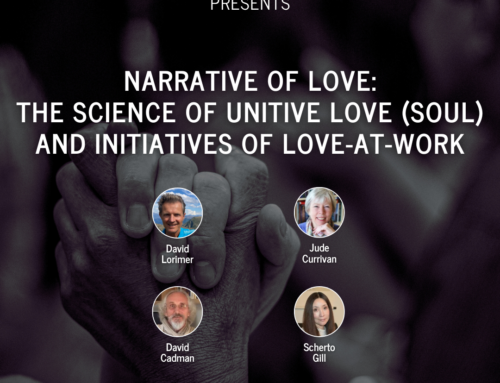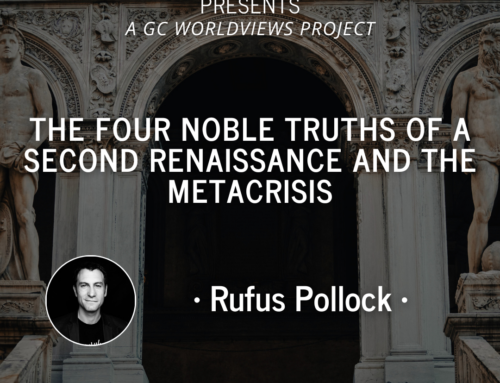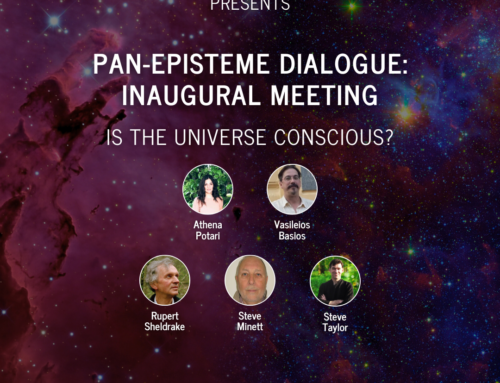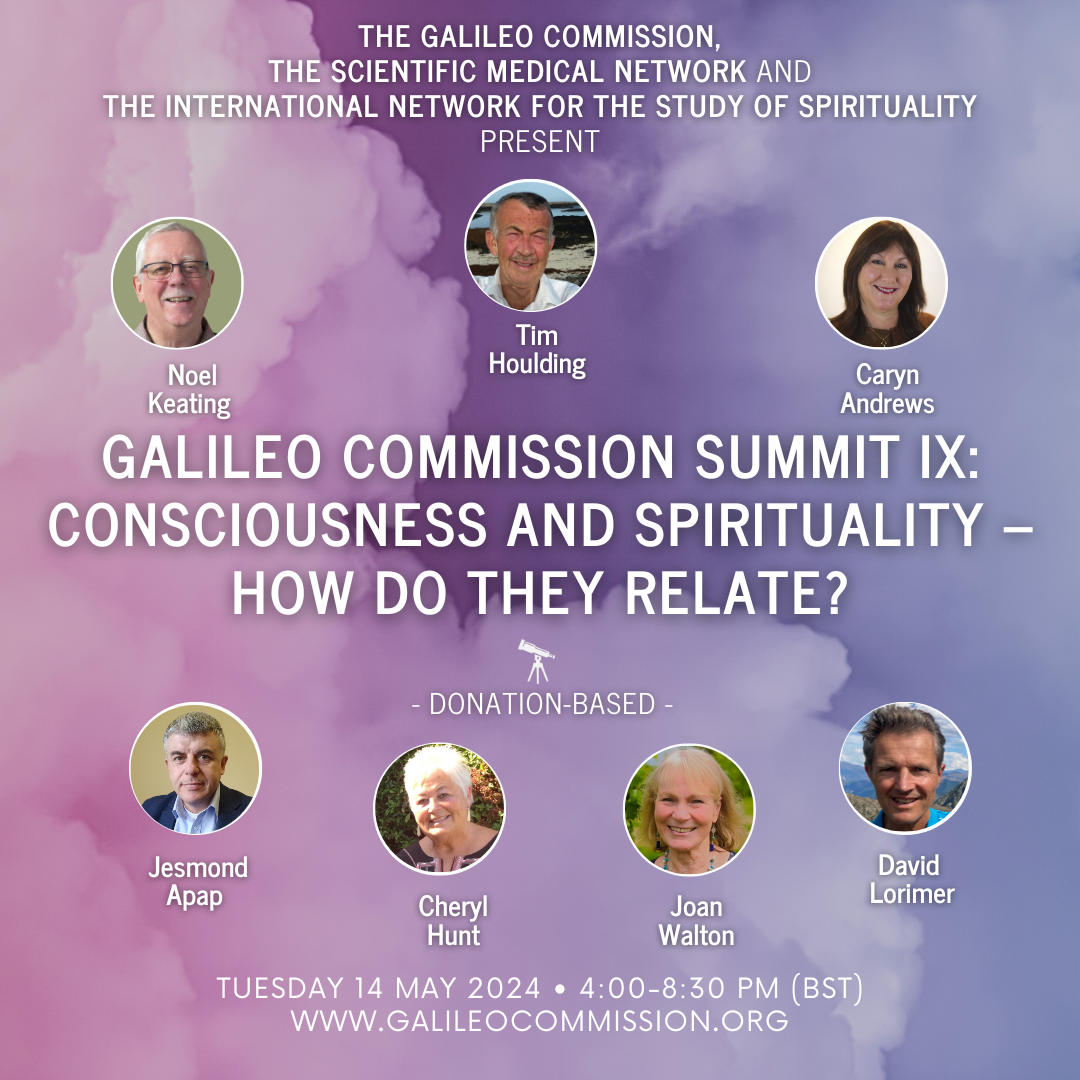
Spirituality and Consciousness Studies SIG – Original Remit
Joan Walton, INSS Executive Committee
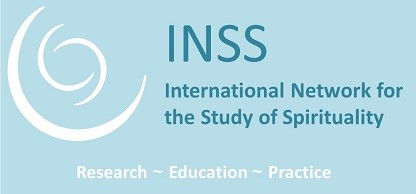
‘Spirituality’ and ‘consciousness’ are concepts that, at first sight, seem to have little or nothing to do with each other. The dictionary definition of consciousness is ‘the state of being aware of and responsive to one’s surroundings’; and is traditionally – within western culture – seen to be a bi-product of the brain, and hence material in origins and nature. Academically, it is a thriving area of research in neuroscience and psychology, but generates little attention or interest elsewhere.
The dictionary definition of spirituality is ‘the quality of being concerned with the human spirit or soul as opposed to material or physical things.’ Wikipedia includes the sentence: ‘Traditionally, spirituality referred to a religious process of re-formation which “aims to recover the original shape of man”, oriented at “the image of God” as exemplified by the founders and sacred texts of the religions of the world’. Most people would tend to associate spirituality with religion.
However, there has, over the past few decades, been an increasing challenge to the conventional understandings of these two terms. It has been recognised by many that the belief that consciousness is derivative of the brain is the consequence of a materialist worldview, and has no grounding in empirical evidence. What consciousness is, and where it is present, is still open to question. In the exploration of a ‘post-material paradigm’, the idea that consciousness is fundamental and/or primary is attracting considerable interest.
At the same time, the concept of spirituality is often seen as separated from religion, and to mean different things to different people. Generally, though, it includes some sense of awareness of ‘something more’ than embodied material existence.
It is when we begin to ask questions about a wider reality that a possible relationship between spirituality and consciousness comes to light. Some traditions have been exploring this for a long time. For example, Vedanta is one of the world’s most ancient spiritual philosophies, with a belief in Brahman, the divine ground of being, who is infinite existence and infinite consciousness.
The purpose of this SIG is to explore different ideas of the relationship between spirituality and consciousness, in ways which encourage a mutually informing relationship between experience and theorising.
Aims of SIG:
- To share ideas about spirituality and consciousness, and the nature of the relationship between each.
- To share experiences which inform those ideas.
- To collaboratively seek to further the intellectual understanding of the relationship between spirituality and consciousness, grounding that intellectual understanding in personal and collective experiences.
The SIG began meeting in January 2022 and has been meeting regularly online since that time to hear from each other and deepen our mutual enquiry. This webinar presents complementary themes from individual members whose biographies are listed below.
Programme
4-6 pm UK: 8-10 am PT – Chair, David Lorimer (15 min)
4:00 pm Dr Joan Walton – Consciousness as Ontology, Spirituality as Epistemology
4:30 pm: Dr Cheryl Hunt – Exploring Spirituality, Consciousness and Worldviews through Critical Reflection
4:55 pm: Jesmond Apap – Spirituality and Consciousness – in pursuit of a lived experience
5:20 pm: Dr Caryn Andrews – My Journey as a Healer and Educator; Exploring a pathway to understanding consciousness and spirituality through practice
5:45 pm: General Discussion
6 pm UK: Pause (30 min)
6:30-8:30 pm – Chair, Joan Walton
6:30 pm: David Lorimer – Consciousness, Spirituality and Gnosis
6:55 pm: Dr Tim Houlding – Unbreakable Whole
7:20 pm: Dr Noel Keating – Spirituality & Consciousness – Towards a Deeper Apprehension of Reality
7:45 pm: Discussion/Q and A (45 min)
8:30 pm: Close – Dr Joan Walton
